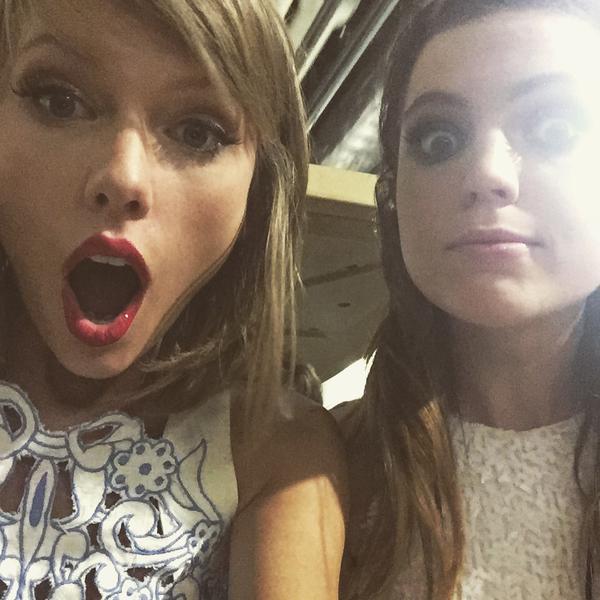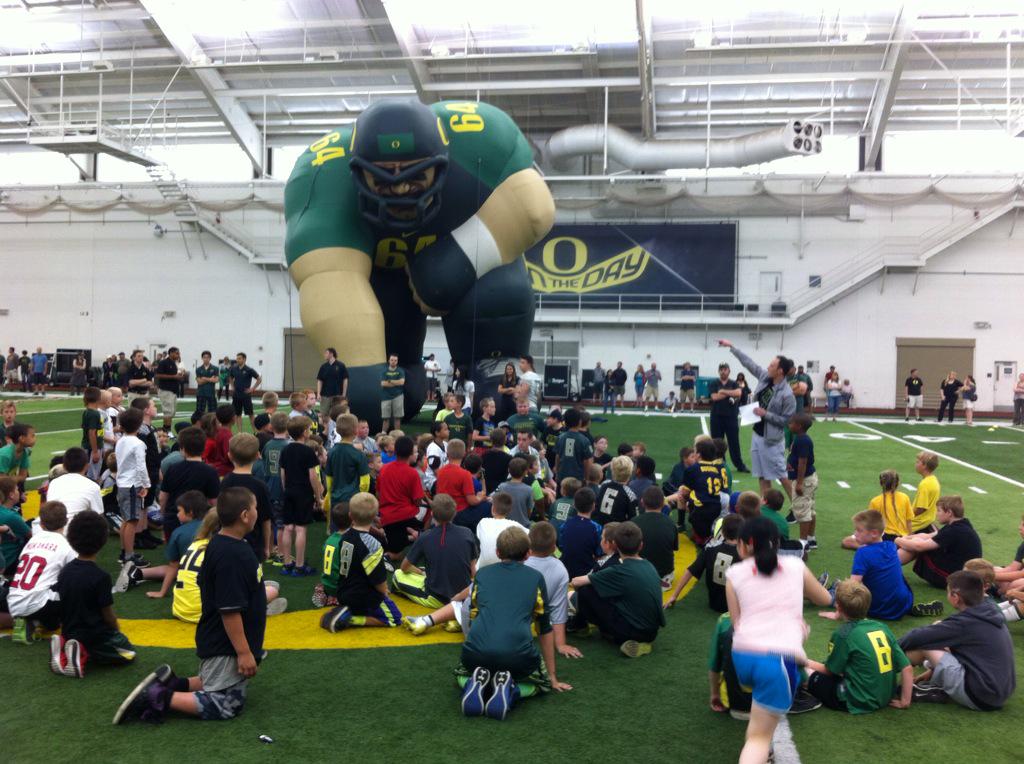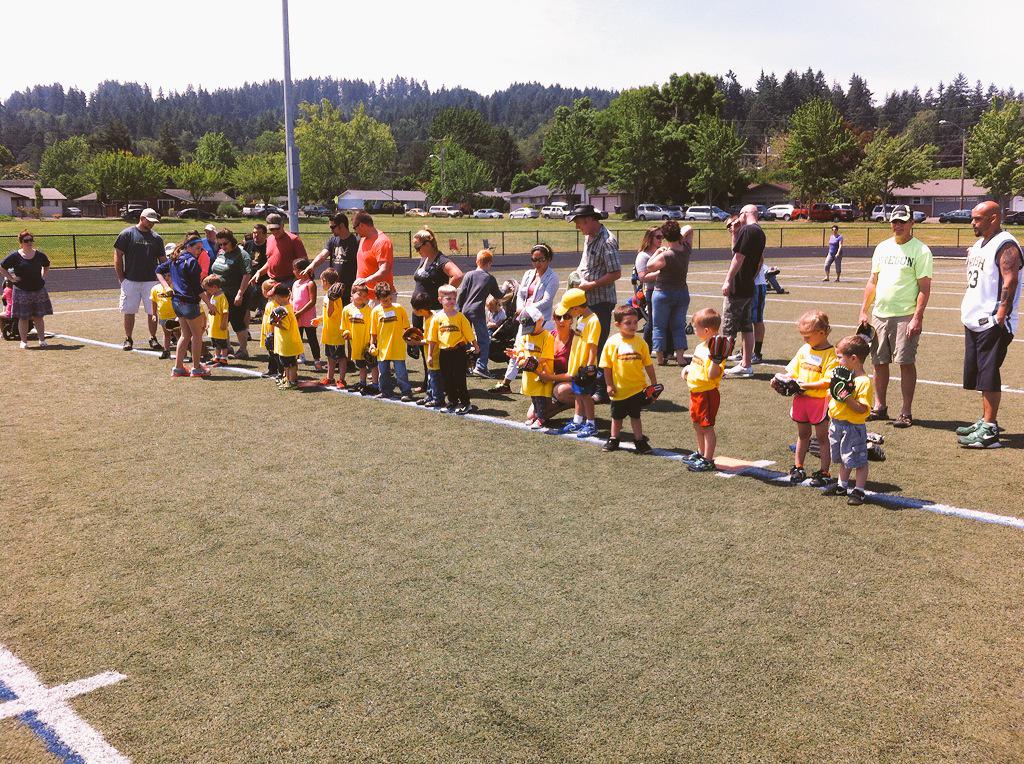Just a regular KS Saturday:@OregonFootbalI free Clinic4KIDS; Lil'Hitters; K-2nd baseball/softball #Morethanjustagame.
Make sure you're Share Aware
How safe are the sites, apps and games your child uses?
Net Aware keeps you up-to-date, with simple advice on what's new in social networking. We review privacy settings, suitable ages and appropriate content for over 50 sites.
Get online safety advice
What parents need to know to help keep your child safe wherever and whenever they go online.
Social networks, apps and games: what's popular?
Children and young people use social networks to:

- share photos and images
- message each other (sometimes in a group)
- chat with people via video
- make voice calls
- share content
- meet new people and chat to strangers
- play games
What's popular changes all the time.
You've probably heard of Facebook, YouTube and Twitter – which are the most popular networks used by 11-16 year olds.
Find out what other parents think, how to use privacy settings and suggested ages for over 50 social networks that young people are using – visit Net Aware.

Almost a quarter of 11 and 12 year-olds with a social networking profile experienced something that upset them in the last year.
We asked children and young people why they thought some were risky.
They told us they worried about:
- seeing inappropriate content
- being contacted by strangers
- bullying
- fake users
- lack of control of what you see
- privacy
What's the right age?
Many social networks have a minimum age of 13 (because of laws governing their use in the USA, where the majority are based).
Children become more interested in social networks when they start secondary school.
At the age of 11, they're becoming more independent and want to be part of the social network of their new school – whether online or in person.
50% of all 11 and 12 year-olds in the UK use a social networking site, according to our research. This is because it's easy for children to access sites intended for older users.
Social networking accounts can also be used to access a range of other sites – just think of all the websites that invite you to 'Sign in using Facebook or Twitter'.
Some parents may think it's OK for their 11-year-old to use a site aimed at over 13s, but it's worth bearing in mind that it's not just that site's content you need to think about.
You need to consider all the other sites they can now access as a result of having a social networking profile.
Find out what our panel thought was the right age for each network on Net Aware – and cast your vote.
7 in 10
12-15 year olds who go online have a social network profile
1 in 5
8-11 year olds who go online have a social network profile
1 in 20
5-7 year olds who go online have a social network profile
What to look out for
Sites and apps have safety features to help children keep in control – with or without your help.
Look out for these features, and teach your child to look for them too. It will help them to develop their own digital judgment skills and know how to get help if they need it.
You can find out more about the privacy and safety features for different networks on Net Aware.

 Alter The Press!
Alter The Press! 


 echosmith
echosmith 
 Warner Music México
Warner Music México 

















No comments:
Post a Comment